Which Baseball Team Should Manny Machado and Bryce Harper Sign With – If They Care About Taxes?
We’re still in the middle of baseball’s hot stove season – the sport’s offseason, when franchises juggle their rosters via trades and free-agent signings.

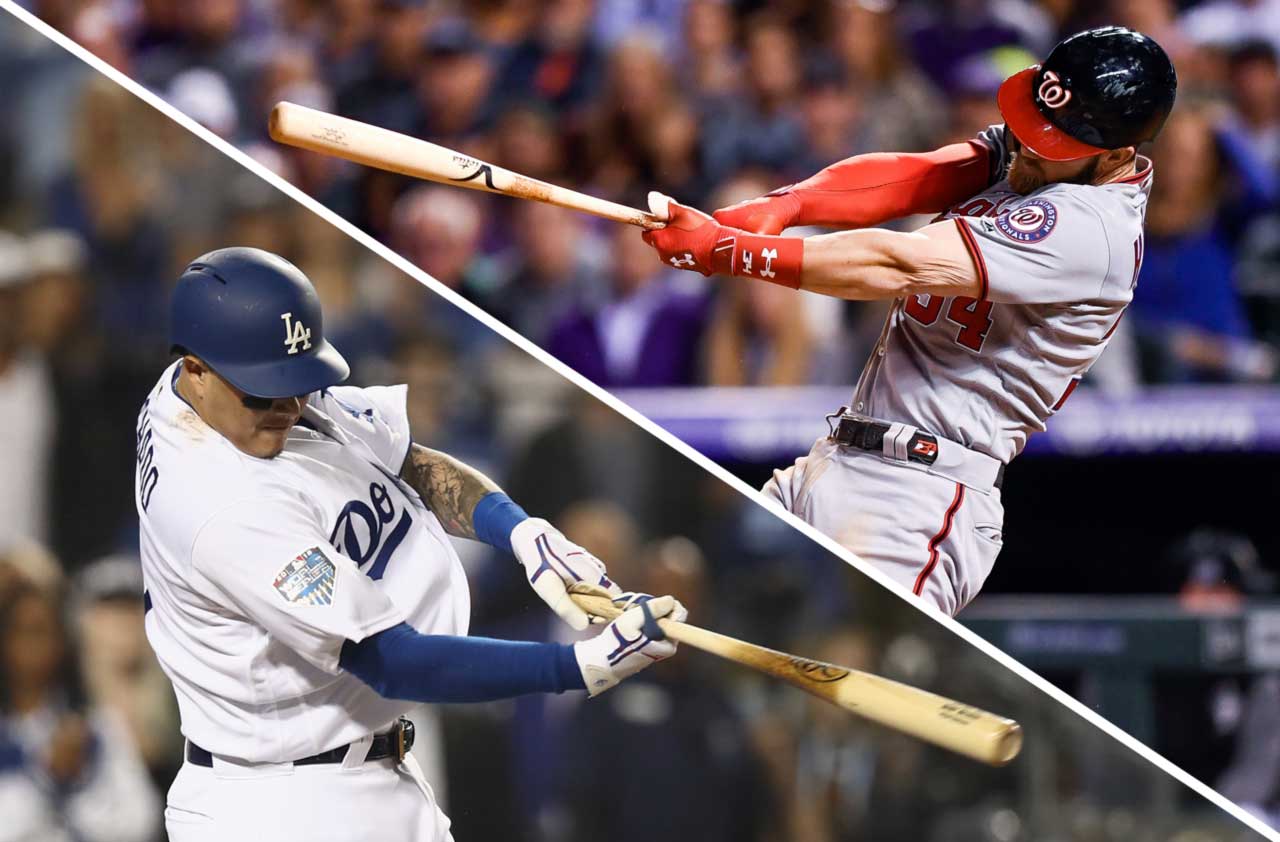
Profit and prosper with the best of Kiplinger's advice on investing, taxes, retirement, personal finance and much more. Delivered daily. Enter your email in the box and click Sign Me Up.
You are now subscribed
Your newsletter sign-up was successful
Want to add more newsletters?

Delivered daily
Kiplinger Today
Profit and prosper with the best of Kiplinger's advice on investing, taxes, retirement, personal finance and much more delivered daily. Smart money moves start here.

Sent five days a week
Kiplinger A Step Ahead
Get practical help to make better financial decisions in your everyday life, from spending to savings on top deals.

Delivered daily
Kiplinger Closing Bell
Get today's biggest financial and investing headlines delivered to your inbox every day the U.S. stock market is open.

Sent twice a week
Kiplinger Adviser Intel
Financial pros across the country share best practices and fresh tactics to preserve and grow your wealth.

Delivered weekly
Kiplinger Tax Tips
Trim your federal and state tax bills with practical tax-planning and tax-cutting strategies.

Sent twice a week
Kiplinger Retirement Tips
Your twice-a-week guide to planning and enjoying a financially secure and richly rewarding retirement

Sent bimonthly.
Kiplinger Adviser Angle
Insights for advisers, wealth managers and other financial professionals.

Sent twice a week
Kiplinger Investing Weekly
Your twice-a-week roundup of promising stocks, funds, companies and industries you should consider, ones you should avoid, and why.

Sent weekly for six weeks
Kiplinger Invest for Retirement
Your step-by-step six-part series on how to invest for retirement, from devising a successful strategy to exactly which investments to choose.
We’re still in the middle of baseball’s hot stove season – the sport’s offseason, when franchises juggle their rosters via trades and free-agent signings. There are dozens of free agents looking for contracts with new teams, but let’s face it: All eyes are on superstars Manny Machado and Bryce Harper.
Machado and Harper are asking for contracts worth more than $300 million and, who knows, they just might get them. If so, they’ll be hit with some pretty big tax bills to go with the huge salaries. Their federal tax totals won’t be affected by which team signs them, but their state taxes certainly will. That’s because the bulk of what they earn will be taxed at the highest income tax rate in the state where the team is located, and state income tax rates vary widely. State sales tax and property tax rates differ even more. (Note: Athletes also pay state income taxes in most states to which they travel for road games throughout the season.)
By most reports, there are seven teams still in the running for one (or both?) of these two superstars: the New York Yankees, Philadelphia Phillies, Chicago White Sox, Chicago Cubs, Los Angeles Dodgers, St. Louis Cardinals and Washington Nationals. Machado and Harper will have to consider many different factors before signing with any team, but how much money they can make—and keep—will most certainly be a key factor in their decisions. Signing with a team in a low-tax city could save Machado and Harper millions of dollars each year.
We’ve ranked the teams likely to sign Machado or Harper according to the estimated state tax burden where each team is located (highest tax to lowest). Take a look.
Rankings are based on 2018’s tax rates and projected $30 million per year in taxable income from the contract. We also assume the player will become a resident of the state where his team is located, file a joint return, and claim the standard deduction.

Los Angeles Dodgers
- California top income tax rate: 13.3%
- Estimated annual state/local income tax bill: $4 million
After trading Yasiel Puig, Matt Kemp and Alex Wood to the Cincinnati Reds, it sure looks like the Dodgers will push hard to lure Harper to L.A. (They’re not wooing Machado.) But to sign him, the team might have to pay a little more to offset the big state income tax bill the slugger would face in California. At 13.3%, the Golden State has the highest marginal tax rate in the country. This includes the additional 1% levy on taxable income over $1 million. So, a player making $30 million per year for the Dodgers would pay around $3,949,359 per year in California income taxes. That’s the largest potential state tax bill Harper is likely to see.
California also has a relatively high sales tax rate (and superstar baseball players tend to buy a lot of stuff!). The state rate is 7.25%, but local governments can tack on additional taxes. In Los Angeles County, the base sales tax rate is 9.5% (and up to 10.25% in certain cities). This is the third-highest rate among the six cities Harper is rumored to be considering.
Harper will want to look at real property tax rates in the L.A. area, too. In Los Angeles County, the median property tax paid in 2017 was $4,044. That also ranks as the third-highest among the possible landing spots for Harper.

New York Yankees
- New York top income tax rate: 8.82% (plus city tax)
- Estimated annual state/local income tax bill: $3.8 million (living in NYC)
The Bronx Bombers have a long history of bringing in high-priced free agents. New York’s relatively high income tax rate (8.82%) might not be enough to keep Machado or Harper out of pinstripes, but if they live in New York City, they’ll have to pay an additional 3.876% income tax on top of the state tax. With a $30 million-per-year contract, that comes to roughly $3,807,160 if they live in the Big Apple ($2,644,584 living in most other areas of the state).
Sales taxes are not that high in the Big Apple—at least when compared with other cities on the list of contenders. The base state rate is only 4%, but cities can levy additional taxes. Plus, there’s a special 0.375% commuter tax in the New York City metropolitan area. For anyone living in New York City, the combined state, city and commuter sales tax rate is 8.875%. That rate is the third-lowest on this list.
However, property tax bills for anyone living in and around the Big Apple can be eye-popping. Those drawn to the bright lights of the big city should know that average real estate taxes in Manhattan, for example, were $8,769 in 2017. That’s by far the highest among the cities on our list—almost 75% higher than the runner-up (Chicago).
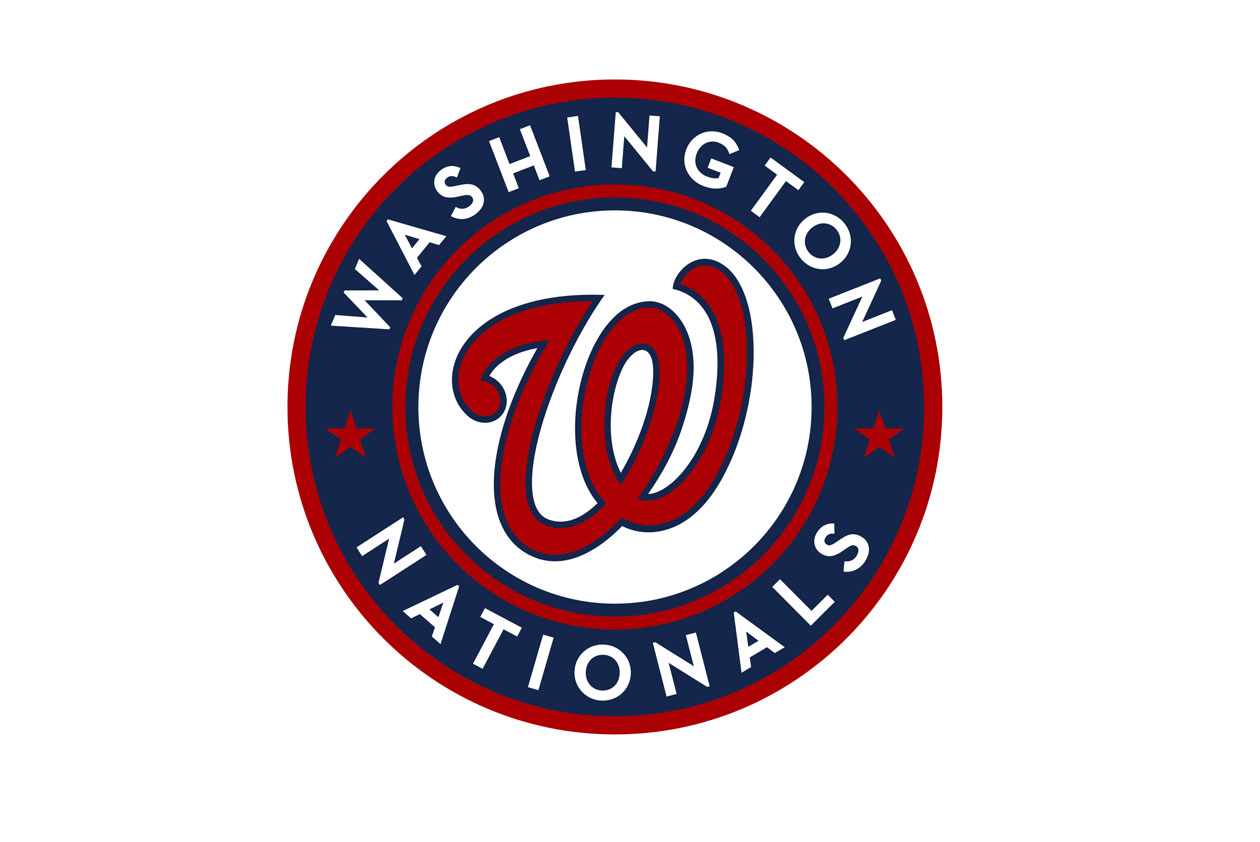
Washington Nationals
- Washington, D.C. top income tax rate: 8.95%
- Estimated annual state/local income tax bill: $2.7 million
Bryce Harper spent the first seven years of his career in a Washington Nationals uniform; will he want to stay in D.C.? He’s still talking with the Nats (who aren’t chasing Machado), so it’s certainly a possibility. If Harper inks a new deal with the team, the right-fielder could be stuck with a fairly high tax bill, though. The top income tax rate in the nation’s capital is 8.95%. On a $30 million annual salary, that comes out to an estimated $2,678,377 in D.C. taxes. Comparatively, not bad, but he can do better when it comes to finding a tax-friendly landing spot.
- On the plus side, the sales tax rate in D.C. is relatively low, at 6%. That’s the lowest rate of the cities with a team on Harper’s rumored short list, which could make D.C. look a little more tax-friendly in the slugger’s eye.
Property taxes in D.C. are in the right ballpark, too. The median property tax in the city for 2017 was $3,238. Looking at the list of Harper hopefuls, only Philadelphia and St. Louis had a lower average
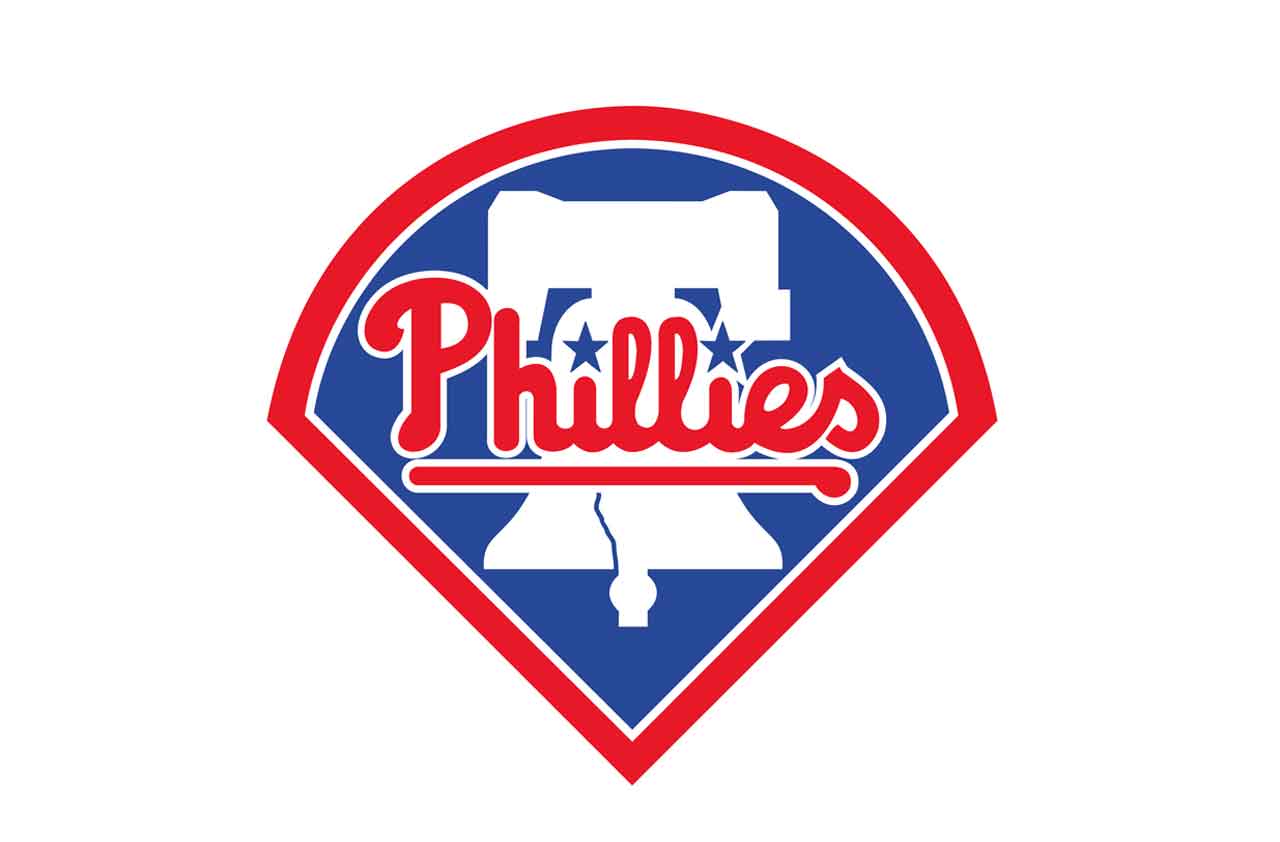
Philadelphia Phillies
- Pennsylvania income tax rate: 3.07% (plus city tax)
- Estimated annual state/local income tax bill: $2.1 million
Since the Phillies have some extra cash and they’re ready to spend, there’s a decent chance that either Machado or Harper will end up in the City of Brotherly Love. If so, they’ll like Pennsylvania’s flat 3.07% income tax rate. But they might be surprised to learn that Philly’s separate earnings tax rate is even higher than the state rate: 3.8809% for city residents and 3.4567% for non-residents. The tax applies to anyone who lives or works in the city. So, assuming one of these players signs with the Phillies and lives in the city, his $30 million salary will result in a combined state/city tax hit of about $2,085,270 (less $127,260 if he lives outside the city).
- The sales tax rates in Philly aren’t too bad. The state rate is 6%, plus there’s a 2% additional tax in Philadelphia. The combined state/local rate of 8% is the second-lowest of the six cities with teams chasing Machado and Harper.
The property tax rate in Philadelphia is also comparatively low. In 2017, the average real estate tax paid in the city was only $1,586—second-lowest of all the cities on Machado’s or Harper’s wish list.
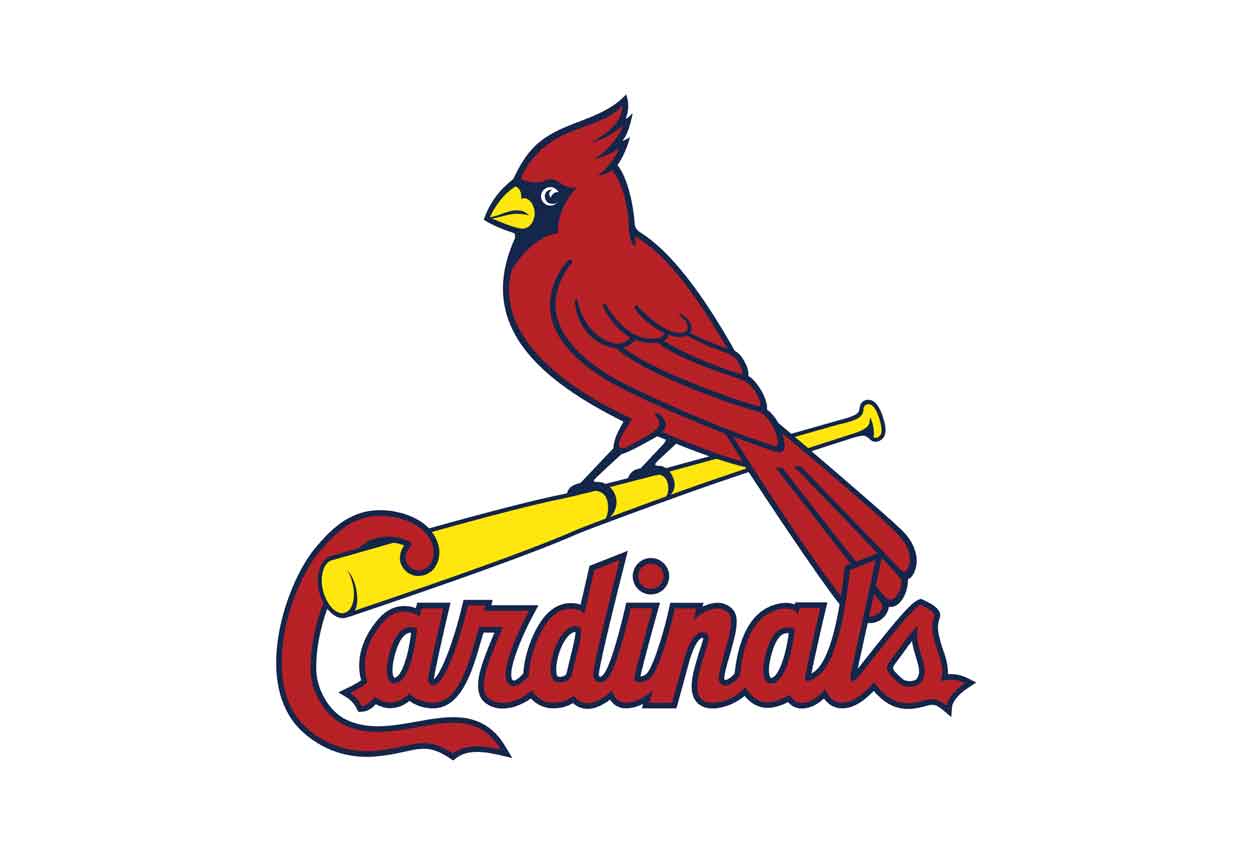
St. Louis Cardinals
- Missouri top income tax rate: 5.9% (plus city tax)
- Estimated annual state/local income tax bill: $2 million
Some insiders still think the St. Louis Cardinals may go after Harper (but not Machado). If so, the right-fielder is going to like the state income tax rate. That’s because Missouri’s top tax rate for the 2018 tax year is only 5.9% (and it’s set to drop to 5.4% for 2019). On a $30 million annual salary, that comes out to an estimated $1,768,114 in state taxes. However, for players living or working in St. Louis, there’s also a 1% earnings tax. For a city resident, that would add $300,000 in local income taxes—which pushes the combined state and local tax to about $2,068,114.
- Sales taxes in St. Louis are high, though. The state’s base rate is 4.225%, but it can jump considerably when you add on local rates. In the city, the combined sales tax rates range from 9.679% to 11.679%. That’s the highest of any of the six cities with teams believed to be interested in Harper’s services.
Property taxes, however, are much more reasonable. The median property tax in St. Louis for 2017 was only $1,483. That’s the lowest on our list.
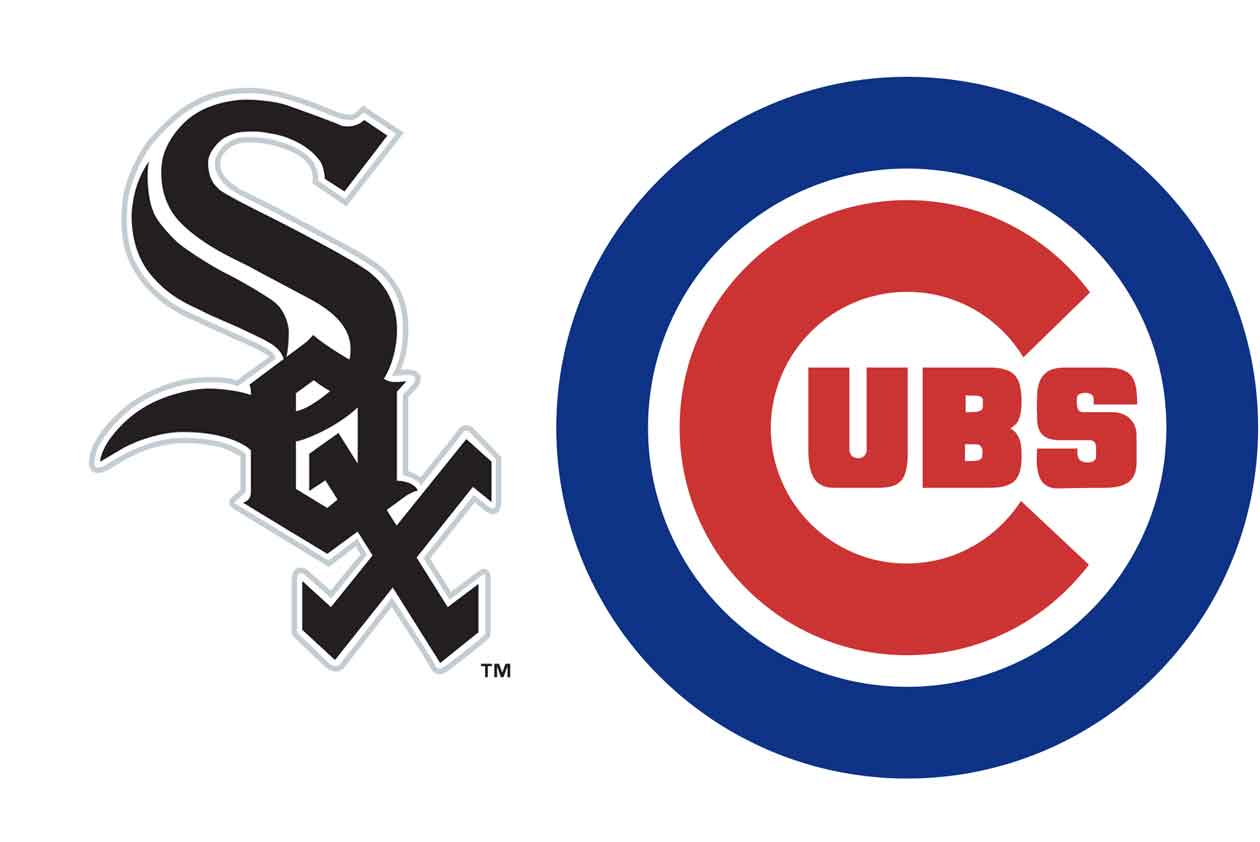
Chicago Cubs or White Sox
- Illinois income tax rate: 4.95%
- Estimated annual state/local income tax bill: $1.5 million
- If Machado and Harper are looking for the lowest overall state tax burden, they should sign with either the Cubs or White Sox.
The White Sox are supposedly interested in both Machado and Harper, and the Cubs reportedly have Harper on their radar, too. If either player ends up in the Windy City, he’ll save big on state taxes. Income is taxed in Illinois at a flat rate of only 4.95%, and there are no local income taxes to worry about. With a $30 million annual salary, state income taxes would come to roughly $1,484,780 per year. That’s the lowest total for any team linked to the two free agents.
Chicago’s sales tax rates are on the high end, but lower than in St. Louis. The state rate is 6.25%. However, the actual rates range from 9% to 11% in Cook County, thanks to local add-ons.
Property tax rates are steep, too. The average real estate tax paid in Cook County was $5,065 in 2017. Only New York City had a higher total among the cities Machado and Harper are considering.
The high sales and property taxes in Chicago don’t overshadow the state’s favorable income tax rate.
Profit and prosper with the best of Kiplinger's advice on investing, taxes, retirement, personal finance and much more. Delivered daily. Enter your email in the box and click Sign Me Up.
Rocky Mengle was a Senior Tax Editor for Kiplinger from October 2018 to January 2023 with more than 20 years of experience covering federal and state tax developments. Before coming to Kiplinger, Rocky worked for Wolters Kluwer Tax & Accounting, and Kleinrock Publishing, where he provided breaking news and guidance for CPAs, tax attorneys, and other tax professionals. He has also been quoted as an expert by USA Today, Forbes, U.S. News & World Report, Reuters, Accounting Today, and other media outlets. Rocky holds a law degree from the University of Connecticut and a B.A. in History from Salisbury University.
-
 Over 65? Here's What the New $6K 'Senior Deduction' Means for Medicare IRMAA Costs
Over 65? Here's What the New $6K 'Senior Deduction' Means for Medicare IRMAA CostsTax Breaks A new deduction for people over age 65 has some thinking about Medicare premiums and MAGI strategy.
-
 U.S. Congress to End Emergency Tax Bill Over $6,000 Senior Deduction and Tip, Overtime Tax Breaks in D.C.
U.S. Congress to End Emergency Tax Bill Over $6,000 Senior Deduction and Tip, Overtime Tax Breaks in D.C.Tax Law Here's how taxpayers can amend their already-filed income tax returns amid a potentially looming legal battle on Capitol Hill.
-
 5 Investing Rules You Can Steal From Millennials
5 Investing Rules You Can Steal From MillennialsMillennials are reshaping the investing landscape. See how the tech-savvy generation is approaching capital markets – and the strategies you can take from them.
-
 States That Tax Social Security Benefits in 2026
States That Tax Social Security Benefits in 2026Retirement Tax Not all retirees who live in states that tax Social Security benefits have to pay state income taxes. Will your benefits be taxed?
-
 Ten States with the Lowest Sales Tax in 2025
Ten States with the Lowest Sales Tax in 2025Sales Tax Living in one of the lowest sales tax states doesn't always mean you'll pay less.
-
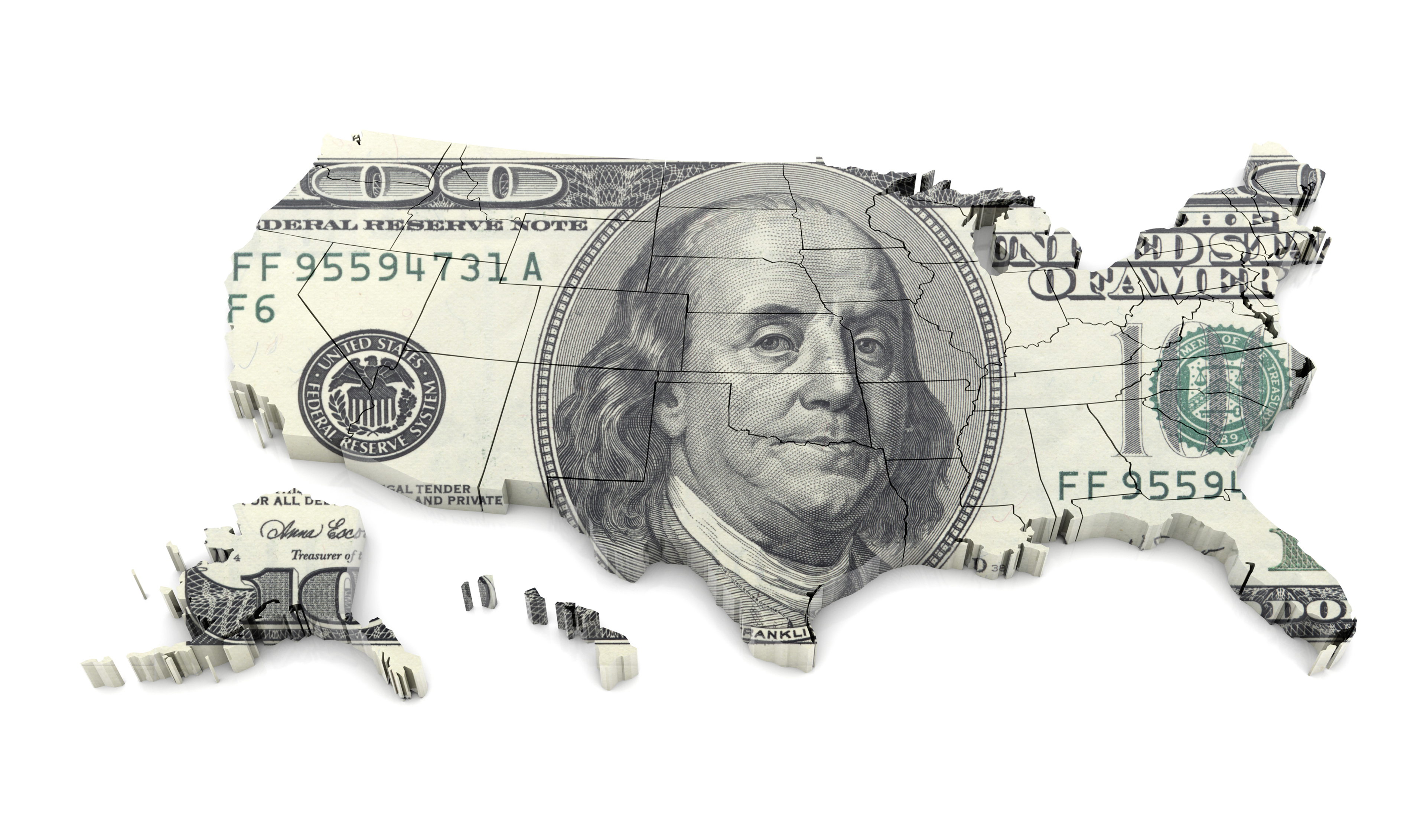 10 Least Tax-Friendly States for Middle-Class Families
10 Least Tax-Friendly States for Middle-Class FamiliesState Tax Here’s what living in one of the least tax-friendly states for middle-class families costs residents.
-
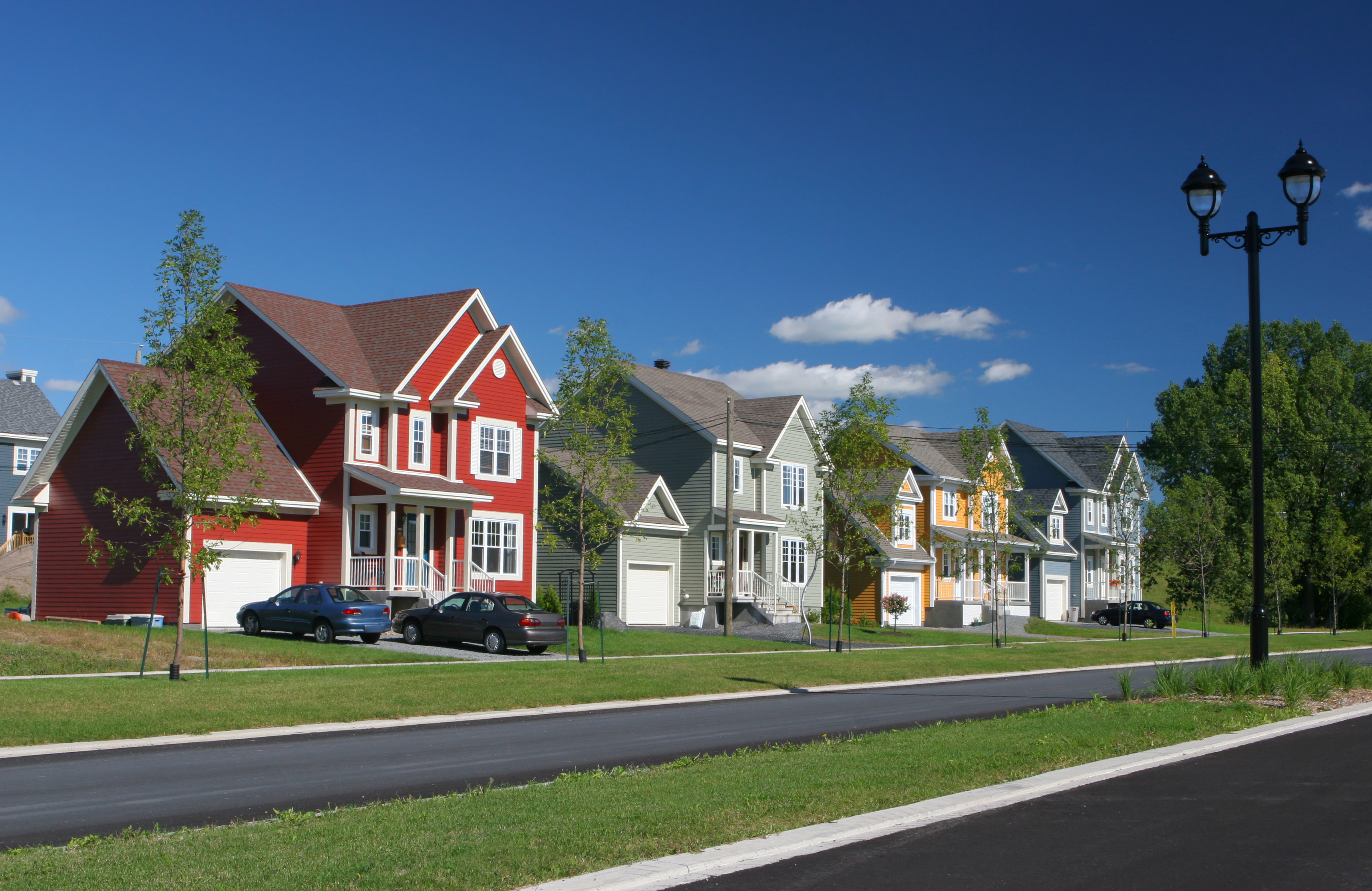 Low-Tax States for 'Middle-Class' Families in 2026
Low-Tax States for 'Middle-Class' Families in 2026State Tax Here are the best states for families with middle incomes (due to low tax burdens).
-
 15 States That Tax Military Retirement Pay (and Other States That Don't)
15 States That Tax Military Retirement Pay (and Other States That Don't)retirement Taxes on military retirement pay vary from state-to-state. How generous is your state when it comes to helping retired veterans at tax time?
-
 5 Tax Deadlines for October 17
5 Tax Deadlines for October 17tax deadline Many taxpayers know that October 17 is the due date for filing an extended tax return, but there are other tax deadlines on this date.
-
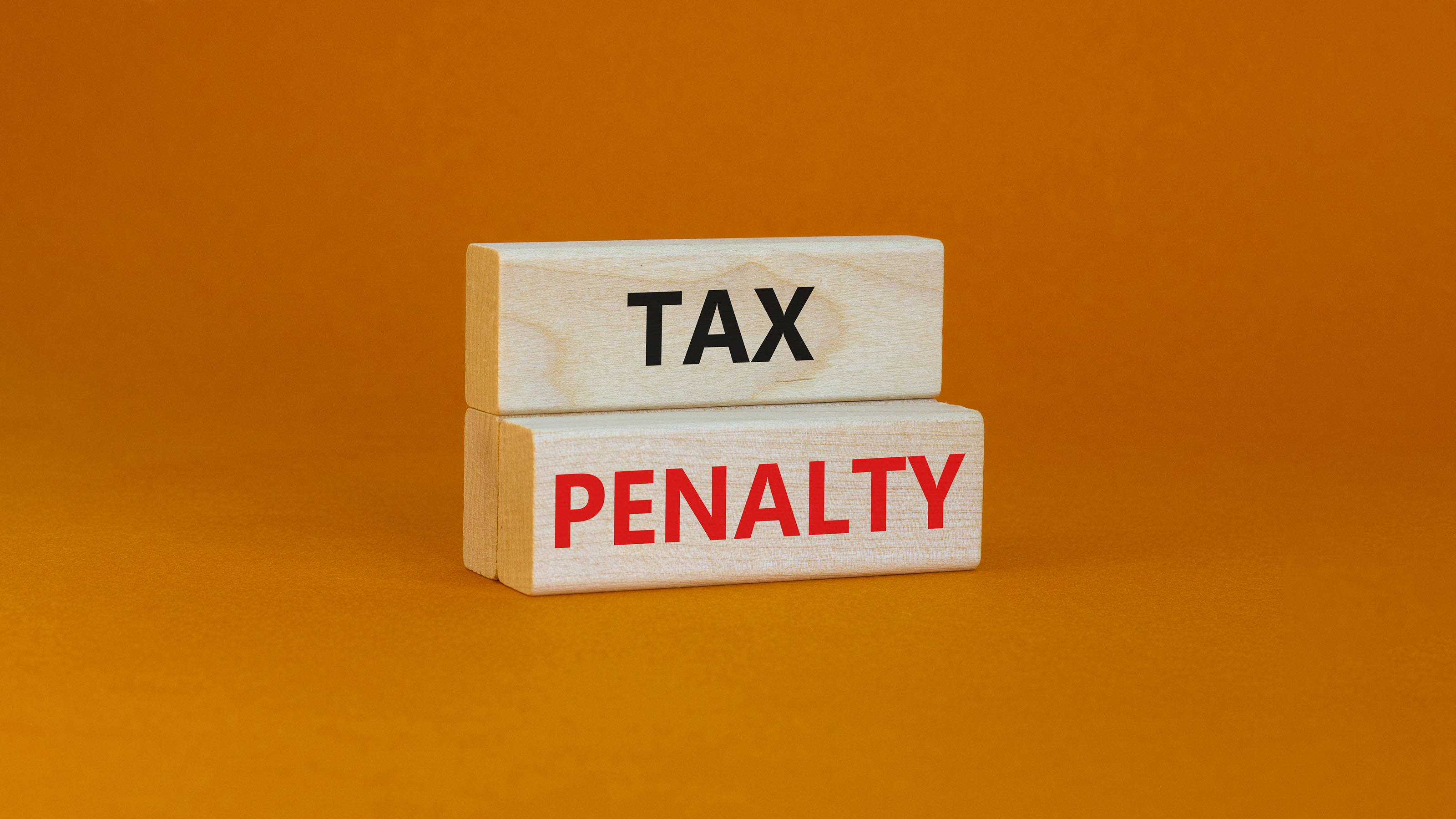 Penalties for Filing Your Tax Return Late
Penalties for Filing Your Tax Return Latetax deadline Stiff penalties await those who didn't file their return (or pay any tax owed) by the tax filing deadline.
-
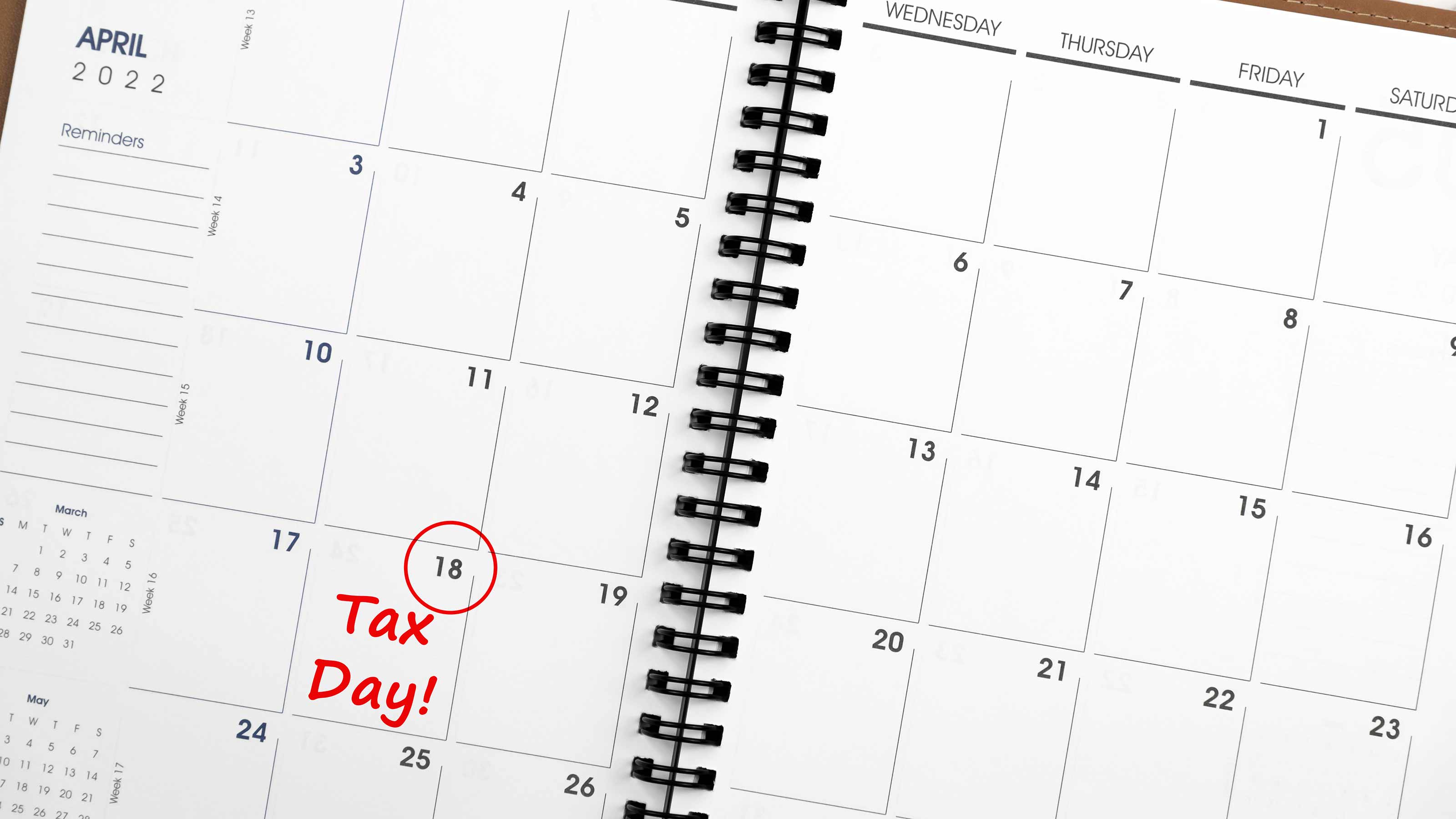 9 Tax Deadlines for April 18
9 Tax Deadlines for April 18tax deadline Between requesting a tax extension, making IRA or HSA contributions, and meeting other tax deadlines, there's more to do on Tax Day than just filing your federal income tax return.

